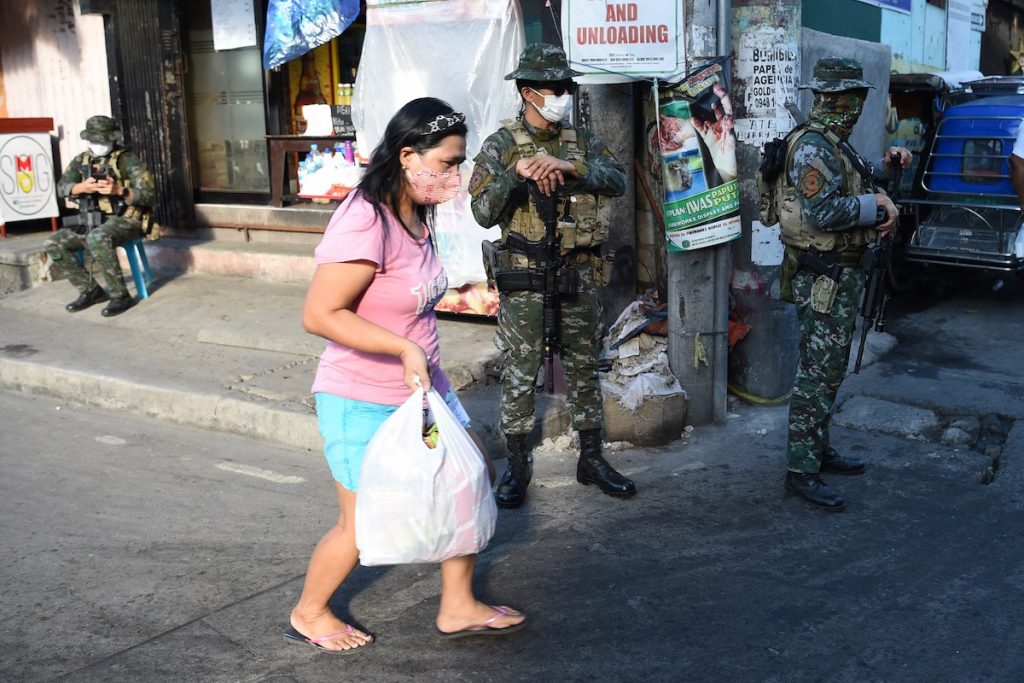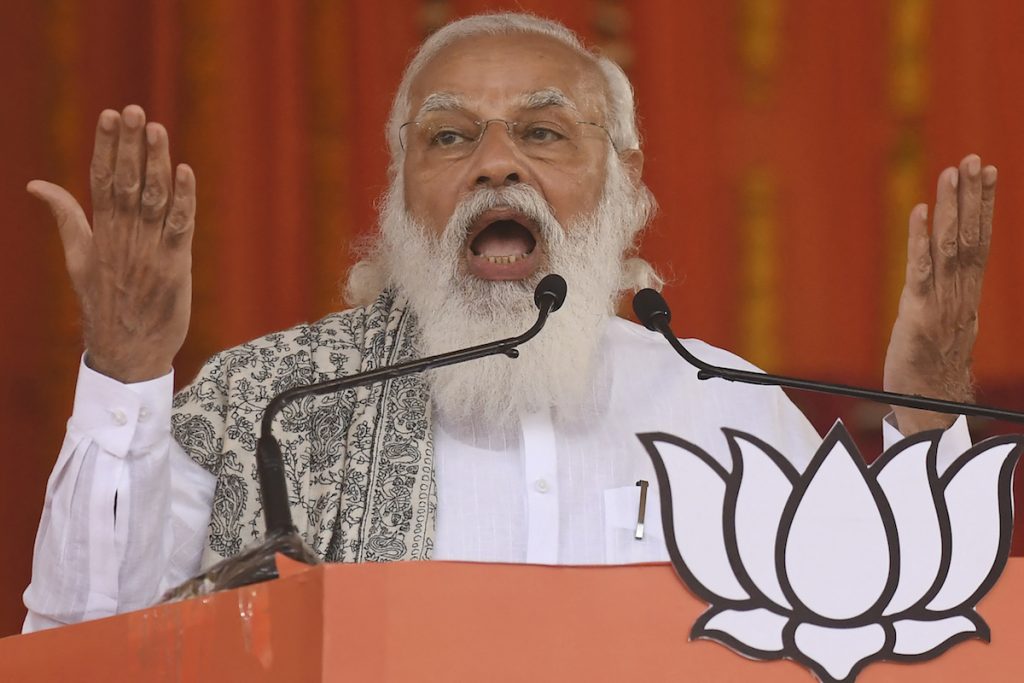
Since it spread around the world, COVID-19 has aggravated the global decline in freedom, said a report by an independent watchdog based in the U.S.
Released last week, the report by Freedom House said the new coronavirus outbreak has exposed weaknesses across “all the pillars of democracy”.
The pillars were “elections and the rule of law to egregiously disproportionate restrictions on freedoms of assembly and movement,” said Freedom in the World 2021: Democracy under Siege.
“The countries experiencing deterioration outnumbered those with improvements by the largest margin recorded since the negative trend began in 2006. The long democratic recession is deepening,” the report said.
Nearly 75 percent of the world’s population lived in a country that faced deterioration in freedoms last year, wrote the report’s authors Sarah Repucci and Amy Slipowitz.
“Both democracies and dictatorships experienced successes and failures in their battle with the virus itself, though citizens in authoritarian states had fewer tools to resist and correct harmful policies,” said their report.
“Ultimately, the changes precipitated by the pandemic left many societies — with varied regime types, income levels, and demographics — in worse political condition; with more pronounced racial, ethnic, and gender inequalities; and vulnerable to long-term effects,” they wrote.
“Transparency was one of the hardest-hit aspects of democratic governance,” they wrote giving examples starting with authoritarian China which included the mass arrests of internet users who shared related information.
The report further said that freedom of personal expression experienced the largest decline of any democracy indicator since 2012 and gave several Asia examples with the Philippines and Cambodia.
“In the midst of a heavy-handed lockdown in the Philippines under President Rodrigo Duterte, the authorities stepped up harassment and arrests of social media users, including those who criticized the government’s pandemic response,” the report said.
“Cambodia’s authoritarian prime minister, Hun Sen, presided over the arrests of numerous people for allegedly spreading false information linked to the virus and criticizing the state’s performance.”
More broadly the report stated that governments around the world also deployed intrusive surveillance tools that were often of dubious value to public health and featured few safeguards against abuse.
“But beyond their impact in 2020, official responses to COVID-19 have laid the groundwork for government excesses that could affect democracy for years to come,” the report said.
Many countries have dramatically expanded their surveillance activities and restricted due process rights in the name of national security, the report said adding that the pandemic has triggered a shift in norms and the adoption of problematic legislation that will be challenging to reverse after the virus has been contained.
The report said that India, the world’s most populous democracy, dropped from ‘Free’ to ‘Partly Free’ status.
The Indian government of “Prime Minister Narendra Modi and its state-level allies continued to crack down on critics during the year, and their response to COVID-19 included a ham-fisted lockdown that resulted in the dangerous and unplanned displacement of millions of internal migrant workers,” the report said.

“The ruling Hindu nationalist movement also encouraged the scapegoating of Muslims, who were disproportionately blamed for the spread of the virus and faced attacks by vigilante mobs,” it said.
“Rather than serving as a champion of democratic practice and a counterweight to authoritarian influence from countries such as China, Modi and his party are tragically driving India itself toward authoritarianism.”
In its coverage the report also said that Indonesia turned to the military and other security forces as key players in its response to COVID-19.
“Multiple military figures were appointed to leading positions on the country’s COVID-19 task force, and the armed services provided essential support in developing emergency hospitals and securing medical supplies,” the report said.
“In recent years, observers have raised concerns about the military’s growing influence over civilian governance, and its heavy involvement in the health crisis threatened to accelerate this trend.”
The report also stated that in Sri Lanka, President Gotabaya Rajapaksa dissolved the parliament in early March, intending to hold elections the following month. What the world has faced since COVID-19 marked the 15th consecutive year of decline in global freedom, the report said.
Source: Licas Philippines
0 Comments